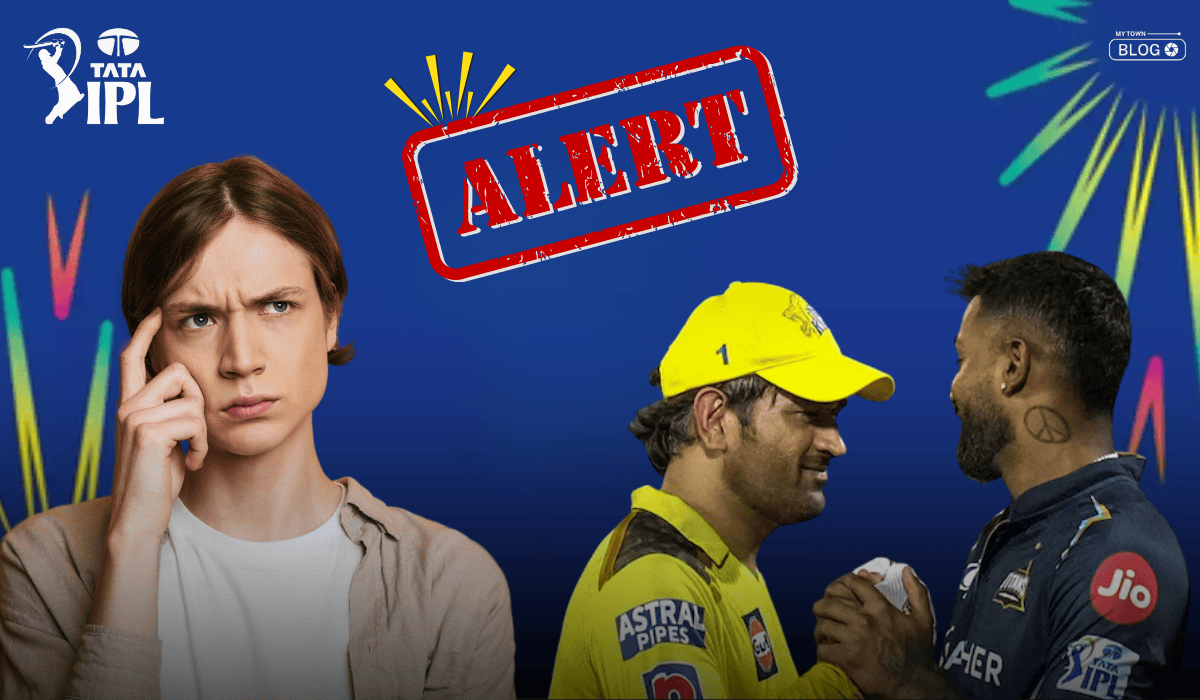The Indian Premier League (IPL) is one of the most popular and lucrative cricket leagues in the world, attracting top players and millions of fans globally. However, over the years, questions have been raised about its authenticity, with some believing that the matches are fixed. So, is the IPL truly a fair competition, or is there some truth to these allegations?
Understanding the Fixing Allegations
The allegations of match-fixing and spot-fixing in IPL are not new. The league has witnessed controversies, with some players and team owners being accused of unethical practices. The 2013 IPL spot-fixing scandal, involving players from the Rajasthan Royals, brought the issue into the limelight, leading to bans and criminal investigations.
Several factors contribute to these suspicions:
- Unpredictable Match Outcomes: Some matches have had unexpected turnarounds, making fans question whether they were staged.
- Unusual Betting Patterns: Illegal betting is rampant, and sudden changes in odds raise suspicions.
- Past Corruption Cases: Players and officials have been caught in corruption scandals, fueling doubts about the league’s integrity.
Major IPL Controversies Over the Years
Over the years, the IPL has faced multiple controversies that have raised questions about its credibility. Some of the most significant ones include:
- 2013 Spot-Fixing Scandal: Multiple players were arrested for their involvement in fixing, leading to suspensions.
- Lalit Modi’s Exit: The IPL’s founder was removed due to allegations of financial irregularities.
- Franchise Bans: Teams like Chennai Super Kings and Rajasthan Royals were banned for two years due to involvement in betting activities.
Measures Taken to Ensure Fair Play
Despite the allegations, the Board of Control for Cricket in India (BCCI) and IPL management have implemented strict measures to prevent any foul play:
- Anti-Corruption Units: The BCCI works with the Anti-Corruption and Security Unit (ACSU) to monitor suspicious activities.
- Strict Player Regulations: Players and team officials are restricted from interacting with unauthorized individuals.
- Severe Penalties: Those found guilty of match-fixing or betting face lifetime bans and legal consequences.
The Role of Betting in IPL Controversies
Betting has played a crucial role in many IPL scandals. Even though betting is illegal in India (except in a few states), underground betting networks thrive. These illegal activities often involve huge sums of money, making the league vulnerable to manipulation. Many cases of match-fixing stem from bookies attempting to influence players and officials for financial gains.
Is It Just Entertainment or a Legitimate Sport?
Some critics argue that the IPL is designed more as entertainment rather than a pure sport, given the heavy commercial influence. The involvement of Bollywood stars, business tycoons, and massive sponsorship deals has led many to believe that the league prioritizes entertainment value over fair competition.
However, many players and analysts assert that the IPL is a legitimate cricket tournament. They emphasize the skills, dedication, and competitiveness of the players, proving that the matches are not scripted.
How Can Fans Identify Possible Fixing?
Fans who suspect match-fixing can look out for the following signs:
- Strange Player Behavior: Players making unusual mistakes or decisions that seem unnatural.
- Abrupt Odds Changes: Betting odds fluctuating rapidly within short spans.
- Anonymous Tips and Leaks: Reports of inside information hinting at possible fixing.
Conclusion
While past incidents of corruption have tainted IPL’s reputation, there is no concrete proof that the entire tournament is fixed. The BCCI and IPL organizers have strengthened regulations to ensure fair play. However, given the history of fixing scandals in cricket, skepticism will always exist. As fans, it is essential to enjoy the sport while also being aware of the realities surrounding it.
Also Read: Why Ghibli Art is the New Aesthetic Everyone Loves








